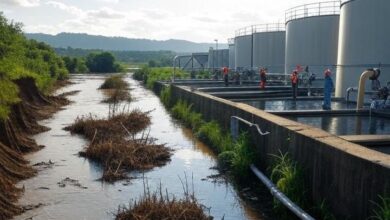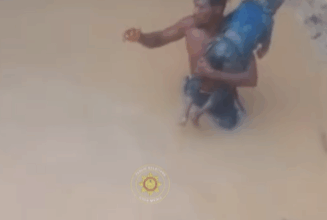Forensics without Borders: The Power of Multidisciplinary Synergy in Forensic Science”

When people hear the word “forensics,” they often imagine DNA profiles or fingerprints at a crime scene. Yet the true power of forensic science extends far beyond these images. It is a multidisciplinary enterprise—an interconnected web of medicine, engineering, physical sciences, finance, law, psychology, and technology—each discipline vital in uncovering truth, securing justice, and protecting national security.
At its foundation lies forensic medicine. Clinical forensic experts document injuries in victims of assault; forensic psychiatrist provides assessments and treatment to individuals who have committed crimes or are involved in legal proceedings; pathologists reveal hidden causes of death; odontologists identify disaster victims through dental records; forensic toxicologist analyzes biological samples for the presence and quantity of drugs, poisons, alcohol and others; anthropologists reconstruct skeletal remains; and archaeologists excavate buried graves in search of truth. Together, they ensure that the human body continues to “speak” even when a voice has been silenced.
The scope then broadens. Forensic engineers reconstruct accidents, industrial failures, and collapsed structures, while maritime forensics investigates shipwrecks, oil spill, and other maritime incidents. The physical sciences are indispensable: chemistry identifies toxins, narcotics, and explosives; biology extracts DNA from the faintest trace; and physics models ballistic trajectories to explain how a bullet travelled. Firearms and ballistics experts trace weapons to shooters, while wildlife forensics applies similar science to combat poaching and illegal trade in ivory, skins, and bush meat.
Financial and technological crimes demand equal attention. Forensic accounting and auditing follow illicit money trails, exposing corruption and organized crime. In parallel, digital and cyber forensics retrieve deleted files, trace hackers, and dismantle fraud networks that operate across borders. Traditional expertise remains essential: document examiners authenticate contracts and wills, forensic linguistic requiring meticulous examination of text, speech, and other linguistic data for legal cases, fingerprint analysts preserve the oldest biometric marker, and forensic photography ensures evidence is recorded with clarity and permanence.
Disasters reveal the need for integration more than any other context. Disaster forensics relies on odontology, DNA profiling, anthropology, and pathology to restore dignity to the dead and closure to grieving families. These efforts often require the combined skills of engineers, physicians, psychologists, and security experts, reminding us that synergy is not optional—it is survival.
The human dimension is equally critical. Forensic psychology interprets offender behavior, assesses criminal responsibility, and addresses victim trauma. Legal forensics provides the bridge, ensuring that the most technical evidence is translated into language that judges, juries, and policymakers can act upon. Without this bridge, science risks being misunderstood or misapplied.
What this mosaic of specialties reveals is simple: no single discipline can meet the demands of modern justice. A homicide may require DNA analysis, ballistic reconstruction, cyber-tracking, financial tracking and psychological assessment. A financial crime may need auditors, digital analysts, and document examiners. Fragmentation breeds blind spots; synergy creates clarity.
Forensic science is no longer a single lane but an expanding highway of specialties—from digital forensics, multimedia and environmental forensics to forensic nursing, public health and forensic genetics. Without sustained research and development, this growth risks fragmentation; with it, we build an integrated knowledge base that keeps pace with evolving crime and technology.
As Ghana and Africa stand at the frontier of forensic development, the call is urgent: invest in multidisciplinary training, foster cross-border collaboration, and build research hubs where medicine, science, engineering, and law converge. Crime grows more sophisticated daily. Justice must grow more integrated.
Forensics without borders is not just an idea. It is the only future where truth, justice, and humanity can prevail.
Written by:
Dr. Lawrence Kofi Acheampong- The writer is a Forensic Medical and Security Intelligence Researcher – acheamponglawrence13@gmail.com
🔗 Follow Ghanaian Times WhatsApp Channel today. https://whatsapp.com/channel/0029VbAjG7g3gvWajUAEX12Q
🌍 Trusted News. Real Stories. Anytime, Anywhere.
✅ Join our WhatsApp Channel now! https://whatsapp.com/channel/0029VbAjG7g3gvWajUAEX12Q







